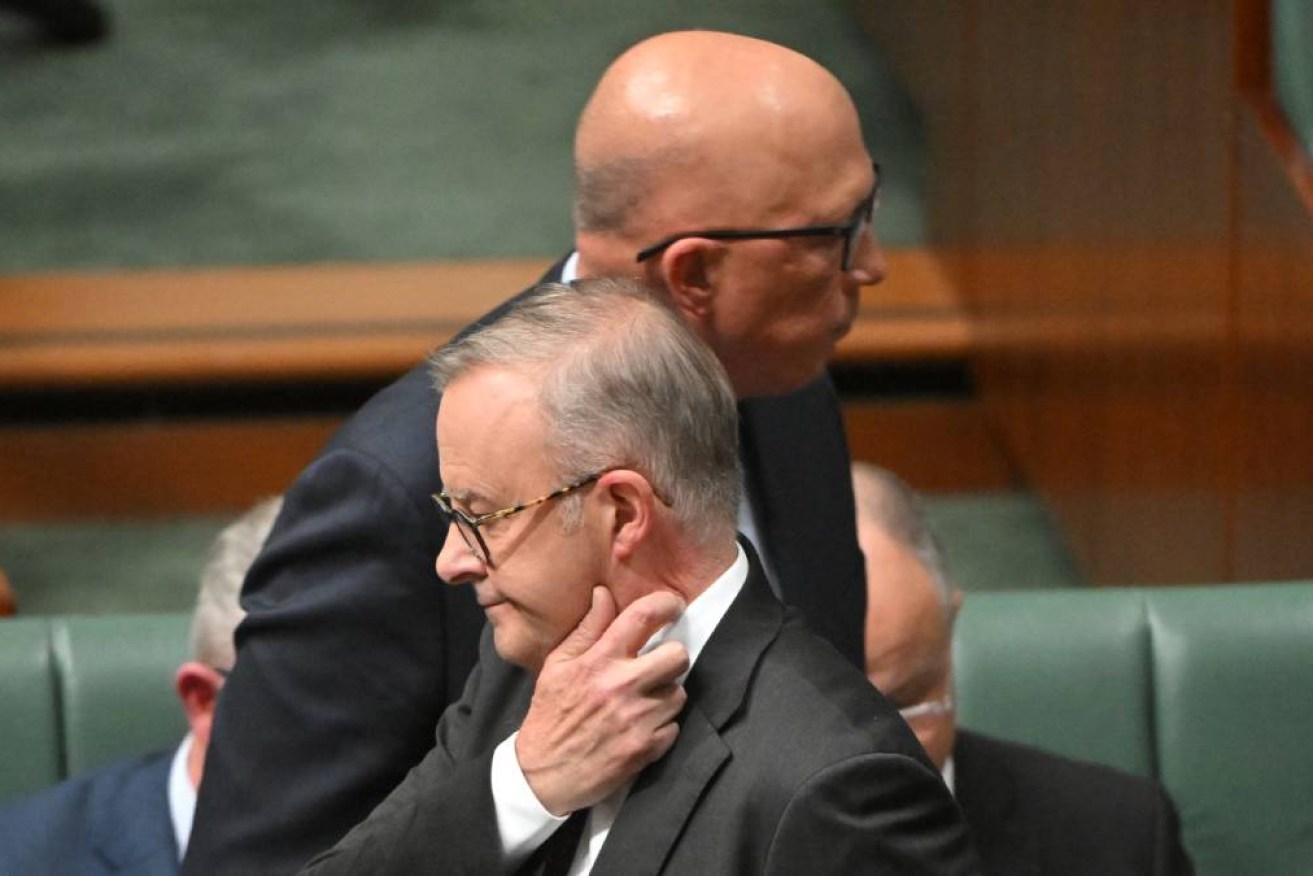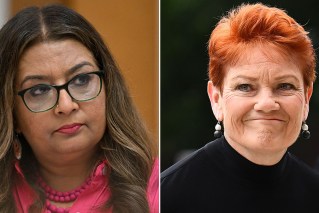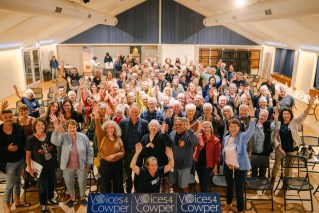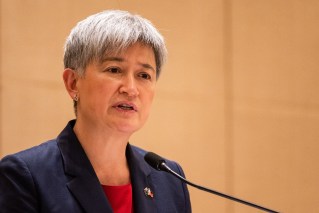New year, new problems: Albanese drops election hint


Prime Minister Anthony Albanese retains a lead against Peter Dutton. Photo: AAP
What does the year ahead hold for Prime Minister Anthony Albanese? Well, it won’t be an election, if his first press conference of 2024 offers any real clue.
Albanese stepped up last Wednesday for a wide-ranging briefing, his first since the calendar ticked over to the new year.
Quick out of the box was this question: “Prime Minister, you said you want to go a full term. Will there be a federal election this year?”
Just as quickly, Albanese shot down the possibility.
“The federal election is due in May 2025. I think that our terms are too short with just three years,” he said.
“There’s been a couple of attempts to fix that in the past and it’s very difficult to change.”
Albanese said Labor’s “long-standing policy” was for four-year terms – as adopted by every Australian state.
“But I don’t anticipate that happening any time soon and I think that’s unfortunate,” he said.
“We’re focused on governing during the year. I’m here early in the year, doing my first press conference for 2024. I look forward to seeing your smiling faces on a regular basis during the year.”
And with that, he departed.
Albanese’s government passed the halfway mark of his term in the final week of Parliament in late December, as the opposition continued to make hay over a High Court ruling on immigration.
But national accounts figures from the ABS suggested the slog may only get harder in 2024.
In one sense, the numbers contain favourable signs for an incumbent government. Workers’ share of the national income climbed again after reaching an all-time low in the quarter after the defeat of the Morrison government.
In the past year, the growth in Australia’s GDP ranks sixth in the OECD, a global club of 39 high-income economies.
But there is another figure Opposition Leader Peter Dutton will be watching.
The household savings ratio, or the measure of how much of their incomes Australians are saving, dropped again in the most recent data.
Since Labor took office, it has fallen from 7 per cent to 1 per cent.
Where will it stand in the second quarter of this year, the earliest possible date for the next election? That’s mostly out of the Prime Minister’s hands.
Late in 2023, the Reserve Bank said it still expected inflation to be under control by 2025. How it gets there is yet to be seen. But the central bank has also said markets expect another interest rate rise in 2024 – dealing a further hit to already battling households.
Another rise, and the cumulative effect of those that have preceded it, could cut household budgets even further.
The political significance of this is difficult to overstate.
Household savings have not entered negative territory since the pandemic’s peak in June 2020. At that time the former government was able to respond with overkill: A $300 billion torrent of fiscal stimulus.
So vast was its public spending program that by December 2021, the savings ratio had risen to 13.5 per cent.
That the Liberal Party still cratered to its worst-ever electoral showing in May 2022, despite such generosity, raises the question of how badly it might have done without it.
But the legacy of that spending is a problem for the current PM, whose hands are tied by inflation from repeating the same trick himself.
Australians cannot be expected to see above themselves and put the economy’s performance in a global context. They will ask if they are better or worse off than they were three years ago.
And, excepting the pandemic, it has been a long time since the answer to that question has been so negative.
The last time savings were as low as they are now was in June 2007; the last time they were in negative territory was a year before that.
It was not just because then-PM John Howard had led with his chin by claiming interest rates would always be lower under the Coalition that a pre-election interest rate rise was so damaging for him.
Though Dutton may have his eye on this figure, it’s not likely his strategy will be shaped by it in the new year.
Dutton has so far shown little range in his political career. And circumstances will likely constrain him, too.
In December, a YouGov poll showed the Coalition remains in an election-losing position, and Dutton remains behind as preferred prime minister.
But the government’s decline in the polls was also followed by whispers a far more electable leader, former treasurer Josh Frydenberg, was reconsidering contesting the next election. This is despite the former member for Kooyong ruling it out only months earlier, as he confirmed a position with investment bank Goldman Sachs.
Dutton’s only sure chance at winning power is through a one-shot deal, which can only we’re likely to hear more of the outrageous immigration politics he has adopted recently.
The guaranteed combination of smashmouth opposition politics and an electorate in an unwelcoming frame of mind will weigh heavily in the Prime Minister’s decision on whether to go ahead with the controversial but already legislated stage-three tax cuts. They are due to become law from July.
But the threat is not just from the Liberals, whose primary vote is only up one point since the uproar over immigration.
Support for the Greens, who have campaigned hard on housing against Labor all year, is up twice as much.
That points to a much greater unresolved question for the Albanese government as it tries to persuade voters to stick with it through challenging times and after the defeat of its signature referendum: What is its reason for being?








